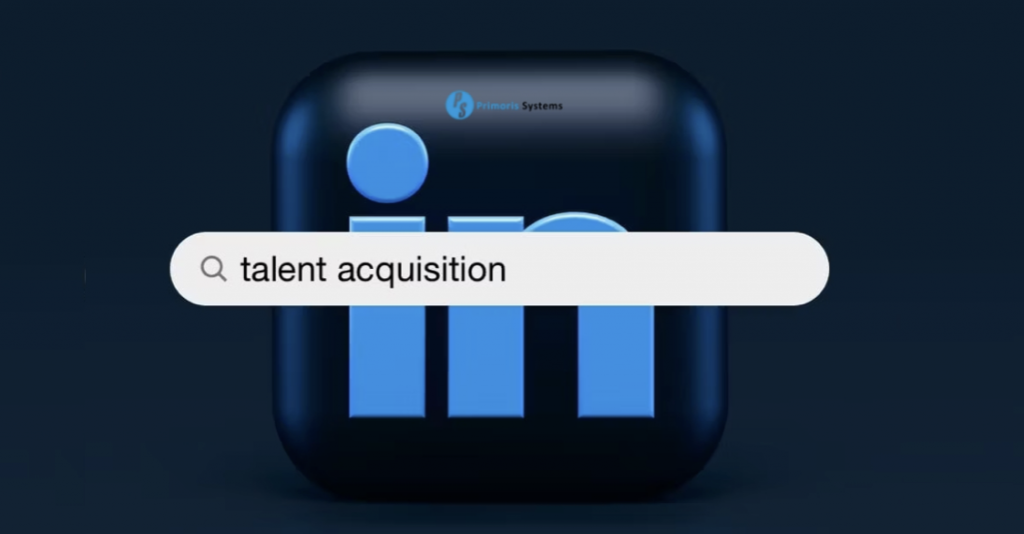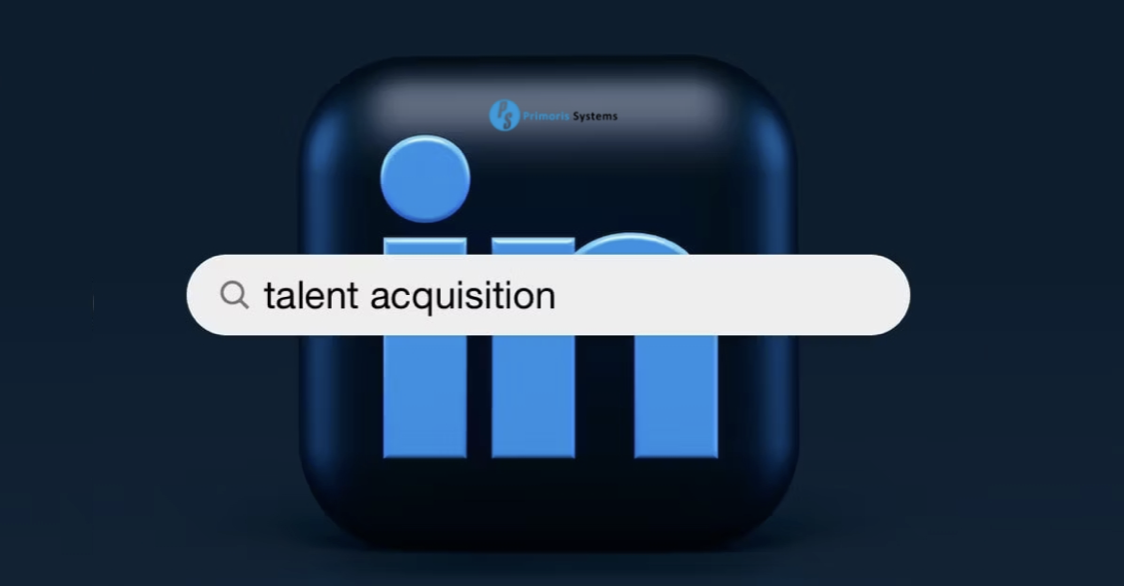Recruitment Trends 2023: A Comprehensive Guide for Talent Acquisition Specialists

In the fast-paced world of talent acquisition, staying ahead of the curve is crucial to attract top talent and remain competitive. As technology advances and the workplace evolves, it’s important for talent acquisition specialists to be aware of the latest trends, methods, and tools that can enhance their recruitment strategies. In this comprehensive guide, we will explore the key recruitment trends for 2023 that will shape the industry and provide valuable insights for talent acquisition specialists.
Introduction
In today’s highly competitive job market, talent acquisition specialists need to be proactive and adaptive to attract and retain top talent. With the advent of technology and the changing dynamics of the workplace, recruitment trends are constantly evolving. To stay ahead, it’s important to understand the latest recruitment trends for 2023 and how they can shape your recruitment strategies.
Data-Driven Hiring Will Continue
One of the key recruitment trends that will continue to gain momentum in 2023 is data-driven hiring. With the advancement of HR technology, even small businesses can now leverage data to make informed decisions throughout the recruitment process. By integrating data from their applicant tracking system (ATS) into their HR tech ecosystem, talent acquisition specialists can gain valuable insights into their recruitment process.
Data can help in accurately assessing candidates against the skills and experience required for each job role. By analyzing historical data, talent acquisition specialists can identify patterns of success and make data-driven decisions when evaluating candidates. Additionally, data can provide insights into the effectiveness of sourcing strategies and candidate pipelines, enabling recruiters to optimize their recruitment efforts.
Evolving Hiring Processes to Reflect Hybrid Work
As hybrid work becomes more prevalent, hiring processes need to adapt to accommodate the changing needs of a hybrid workforce. To remain competitive, talent acquisition specialists need to ensure that their recruitment processes are flexible and inclusive. This includes auditing each stage of the recruitment process to ensure that it functions effectively in a hybrid work environment.
For example, interviews can be conducted virtually to create a consistent experience for both candidates and interview panelists. This helps reduce bias and ensures that candidates are assessed based on their skills and qualifications rather than their ability to meet in person. Additionally, talent acquisition specialists need to consider the long-term hybrid work plans of their organizations and adjust their recruitment strategies accordingly. Whether it’s attracting remote workers or focusing on specific geographic regions, aligning recruitment efforts with the hybrid work model is crucial.
The Importance of Company Culture and Employer Branding
In recent years, there has been a shift in how employers approach company culture and employer branding. Rather than focusing on “culture fit,” which can perpetuate bias, employers are now emphasizing the alignment of candidates with their mission, values, and culture. This requires a strong and differentiated employer brand that showcases the company’s values and purpose.
To attract top talent, talent acquisition specialists need to revisit their core messaging and ensure that their values are clearly communicated through various channels such as corporate websites, careers pages, and social media accounts. It’s important to demonstrate a commitment to diversity, equity, and inclusion (DEI) and highlight any environmental or social justice causes that the company supports. By positioning the employer brand as a place where employees can live out their values and serve a greater purpose, talent acquisition specialists can attract passionate and engaged candidates.
Intentional Tracking of Diversity, Equity, and Inclusion (DEI)
Diversity, equity, and inclusion (DEI) are no longer just buzzwords but essential components of a successful recruitment strategy. In 2023, talent acquisition specialists need to be more intentional in tracking DEI metrics and acting to address any disparities or inequalities within the hiring process.
Building a diverse candidate slate is just the first step. Talent acquisition specialists need to track the representation of diverse candidates at each stage of the recruitment process and identify any barriers that may prevent their advancement. By gaining visibility into inclusion within the hiring process, recruiters can address gaps and ensure that all candidates have an equal opportunity to succeed.
Focusing on Candidate Experience
Candidate experience has become a critical aspect of recruitment, and employers are increasingly recognizing its importance. Providing a positive, professional, and efficient experience for job applicants is essential to attract top talent and build a strong employer brand.
Talent acquisition specialists should review their recruitment processes to ensure that they provide a seamless and engaging experience for candidates. This includes streamlining application processes, providing timely and transparent communication, and offering a personalized touch throughout the recruitment journey. By prioritizing candidate experience, talent acquisition specialists can create a positive impression of the company and increase the likelihood of attracting and retaining the right candidate.
The Rise of Internal Mobility
In 2023, talent acquisition specialists will need to focus not only on acquiring new talent but also on retaining and developing existing employees. Internal mobility, the practice of moving employees into new roles within the organization, will become more critical.
To facilitate internal mobility, talent acquisition specialists should work closely with HR leaders to create opportunities for career growth and development. This includes ensuring that internal job openings are effectively communicated to employees and removing barriers to internal mobility. By leveraging the skills and knowledge of existing employees, organizations can reduce recruitment costs, improve retention, and foster a culture of growth and development.
The Boomerang Effect: Former Employees Returning
As the job market continues to evolve, an emerging trend is the return of former employees, also known as the “boomerang effect.” Many individuals who left their previous jobs during the pandemic are now seeking opportunities to return to familiar organizations.
Talent acquisition specialists should view this trend as an opportunity to leverage the knowledge and experience of former employees. Rehiring boomerang employees can save time and resources in the onboarding process, as they are already familiar with the company’s culture, processes, and goals. However, it’s important to assess each returning employee on a case-by-case basis to ensure that their reasons for leaving have been addressed and that they will contribute positively to the organization.
Conclusion
In conclusion, staying ahead of the recruitment trends is crucial for talent acquisition specialists in 2023. By embracing data-driven hiring, adapting hiring processes to reflect hybrid work, emphasizing company culture and employer branding, tracking DEI, prioritizing candidate experience, promoting internal mobility, and considering the boomerang effect, talent acquisition specialists can attract and retain top talent in a competitive job market. By being proactive and adaptive, talent acquisition specialists can ensure the success of their recruitment strategies in the ever-evolving landscape of talent acquisition.
To know more about contact our experts today!




